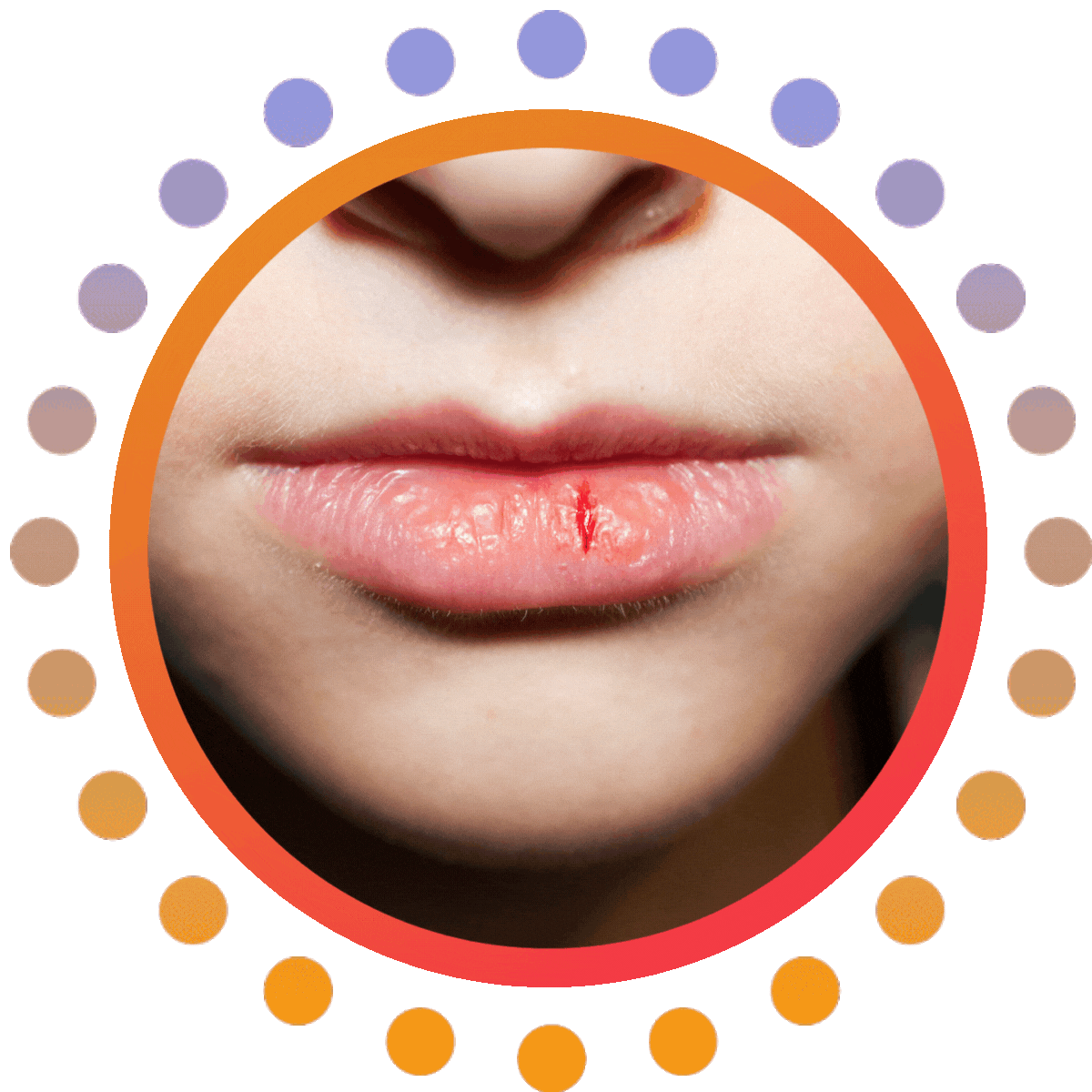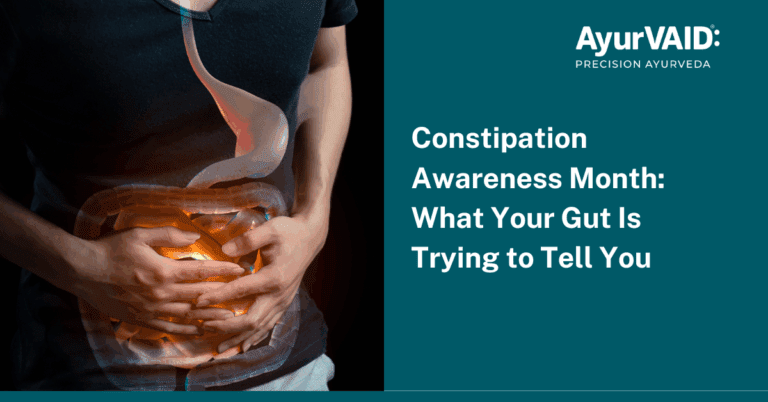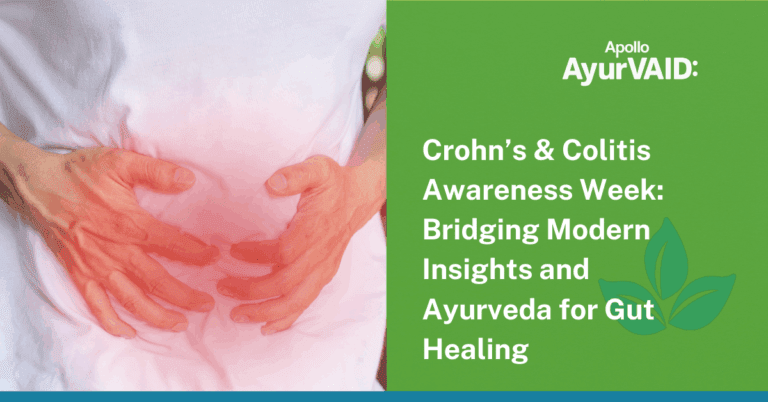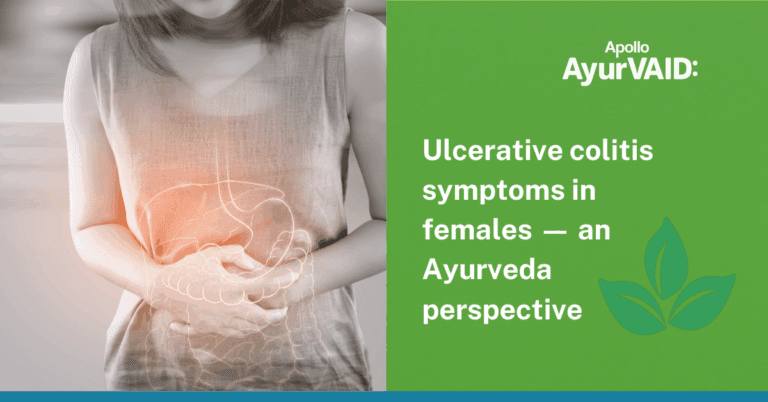
Web Stories
Step Into the Story: Explore Now
Introduction
Is winter making your lips dry and sore? You’re not alone. Many people deal with dry, cracked lips when the weather gets cold. Our lips are different from the rest of our skin. They don’t have natural oils to keep them moist, so they dry out easily in winter. Dehydration, cold, dry, windy weather, and occasionally underlying medical issues can cause chapped lips. Chapped lips can cause pain, flaky skin, a burning sensation, and occasionally even bleeding cracks. While this condition is generally harmless, it’s essential to keep your lips well-hydrated and protected.
In this comprehensive blog, we’ll explore effective home remedies for dry lips during winter and discover practical solutions to help you cure chapped lips fast, providing you with relief from winter-induced lip discomfort.

Understanding dry lips as per Ayurveda
In Ayurveda, chapped lips are referred to as Vataja Oshtaprakopa, Dry lips in winter are caused by low humidity, dry air, cold temperatures, less oil-producing glands in the lip. Additionally, habitual licking can strip away natural moisture, exacerbating dryness. These factors aggravate Vata dosha. Dry, cracked, and fissured lips with discomfort and black discoloration are the symptoms of this condition.
Chapped lips can be cured by incorporating Ayurveda remedies along with food and lifestyle changes that calm the vitiated Vata dosha.
Home remedies for dry lips during winter
Ayurveda remedies for dry lips include various natural treatments and recipes that focus on hydration and nourishment. Here are some effective options:
- Applying ghee (clarified butter) directly to the lips can provide deep moisture and nourishment, preventing dryness.
- Formulations using natural ingredients such as beeswax, butter, ghee, beetroot powder, and herbal extracts can effectively moisturize and protect the lips from environmental factors.
- The practice of oil pulling (like coconut or sesame oil) in the mouth improves lip health by reducing dryness and promoting hydration.
- Using pastes or oils using natural ingredients such as honey, ghee, aloe vera, and coconut milk can help treat dry and hyperpigmented lips, enhancing moisture retention and overall lip health.
NOTE: Exfoliating dry and chapped lips helps shed dead skin layers and allows lip balms to reach new skin. Create a lip scrub by mixing salt/sugar with honey or ghee, apply in a circular motion, and wipe off with a damp washcloth. Use home remedies to soothe, moisturize, and cure chapped lips faster.
Lifestyle Modifications
Adapting your lifestyle to align with the changes of winter is one of the most effective ways to prevent seasonal illnesses. In Ayurveda, this practice is referred to as Rutucharya. Here are some recommended lifestyle adjustments:
- To protect your lips from the harsh weather, always wear a mask when going out.
- Avoid wetting the lips with your saliva as it further dries out the lips.
- Don’t try to peel off the dry skin of your lips as this promotes bleeding and slows down healing.
- Avoid cosmetics and other chemical-infused products that you are allergic to.
- Use a humidifier to maintain the right levels of moisture in your room.
- Keep a regular sleep schedule, sleeping 7-8 hours per night to prevent Vata aggravation.
- Apply a natural moisturizer such as ghee or coconut oil to your lips before bed so that they can heal overnight.
- Nadi Shodhana, Bhastrika Pranayama, and Chandra Nadi Shuddhi help clean the nostrils and ease nasal breathing. This prevents moisture loss from the lips and maintains their natural hydration levels.
- Practice stress-reduction techniques, such as meditation or gentle yoga, since Vata imbalance can lead to dryness of lips.
Dietary Adjustments
In Ayurveda, dietary advice for controlling dry lips aims at balancing the Vata dosha, as dryness is usually attributed to Vata. Specific dietary advice would include the following:
- Drink enough water throughout the day, ideally at room temperature or warm. Take small sips rather than drinking large quantities at once.
- Incorporate fruits that are rich in fatty acids and water content like pomegranate, apples, papaya, soaked raisins, watermelons, oranges, and lemons for hydration and lubrication.
- Include ghee in your diet for lubrication and food articles such as almonds, and coconut oil/ milk can be beneficial for dry lips as they are rich in healthy fats and proteins.
- Avoid dry and cold foods to avoid aggravation of Vata and dryness.
- Use vegetables like cucumber, and ash guard which are rich in water content in your diet.

KEY TAKEAWAYS
- Applying natural moisturizers such as ghee, coconut oil, or aloe vera and practicing oil pull deeply hydrate and nourish lips, thus eliminating dryness and discomfort.
- Wearing a mask, using a humidifier, and following Ayurveda practices such as Rutucharya maintain overall health and hydration, thus preventing chapping of lips.
- Applying honey and sugar removes the dead skin. Smearing nourishing balms later provides a moisturizing effect to the new skin.
- Balancing Vata dosha through lubricating food, including water-based fruits, ghee, and almonds helps retain moisture and prevent dryness.
Conclusion
Ayurveda commonly refers to chapped lips as Vataja Oshtaprakopa. Chapped lips tend to result from factors such as a dry climate, cold exposure, and fewer oil-producing glands in the lips, which aggravate the Vata dosha. The Ayurveda treatment makes use of ghee, beeswax, honey, and aloe vera as moisture-retaining natural solutions. Lifestyle changes would include wearing a mask, using a humidifier, breathing properly, and sleeping well. Dietary changes involve bringing in more hydrating foods with healthy fats while completely avoiding dry and cold items. It is recommended that the person take Vata-pacifying food during the curing period. The Ayurveda approach emphasizes treating not just symptoms but addressing the root cause by maintaining overall body balance and health.
References
- Mohan Kumari K. M & Veeresh S. M: Ayurveda Management of Xerosis of Lips – A Case Report. International Ayurvedic Medical Journal {online} 2022 {cited December 2022} Available from: http://www.iamj.in/posts/
images/upload/3522_3525.pdf - Sharma, A (2022). Nadishodhan pranayama-a cleansing technique: A review article. International Journal of Yogic, Human Movement and Sports Sciences. https://doi.org/10.22271/
yogic.2022.v7.i2b.1338 - Hebbar, A et al. (2010). Oil pulling – Unraveling the path to mystic cure. https://www.semanticscholar.or
g/paper/5384211b88deddcde7
95dcaa9b139a984d0344c4 - Priyanshu, C et al. (2024). CRITICAL ANALYSIS OF PRINCIPLES OF DIET AND DIETETICS OF AYURVE-DA. International Ayurvedic Medical Journal. https://doi.org/10.
46607/iamj0412032024 - Shaikh, S (2024). Beetroot powder loaded medicated lip balm. International Journal of Pharmaceutical Chemistry and Analysis. https://doi.org/10.18
231/j.ijpca.2024.013






